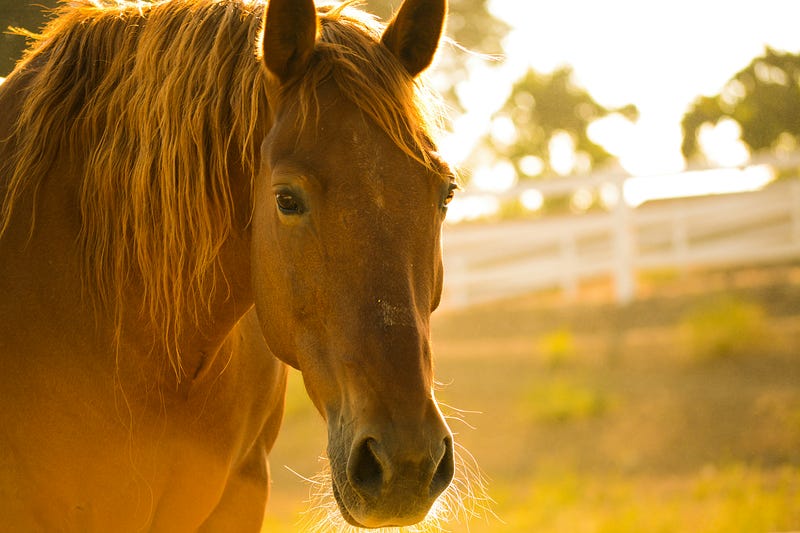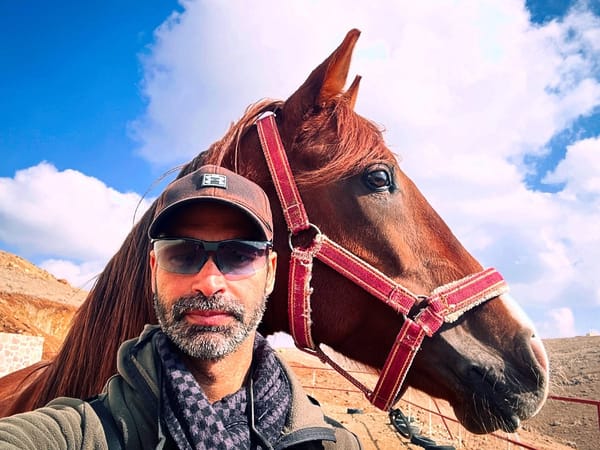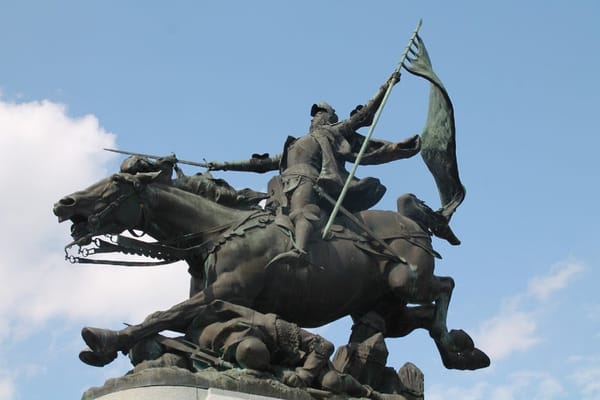Trotting Through Trouble: The Hidden Challenges of Horse Riding in Konya
Table of Content
In the large city of Mevlana’s Konya, in the middle of Turkey, a disturbing trend has emerged within the horse riding community. What should be a noble pursuit characterized by the bond between rider and horse has instead become tainted by exploitation, misinformation, and unethical practices.
This exposé aims to shed light on the alarming situation faced by both horses and aspiring riders in this region.

At the heart of the issue lies a systemic problem of horse abuse and mistreatment. Numerous self-proclaimed trainers and riding instructors in Konya employ questionable methods that prioritize quick profits over animal welfare and proper rider education.
These individuals, often lacking proper qualifications, subject horses to poor training techniques and inadequate care, potentially causing long-term harm to these majestic creatures.
The Saddle Scam
One of the most egregious practices involves deliberately misleading novice riders. Newcomers to equestrianism are often sold inappropriate equipment, with heavy traditional saddles weighing 6 to 8 kilograms being a prime example. These cumbersome saddles, far from ideal for beginners, can cause discomfort and potential injury to both horse and rider. The sale of such equipment appears driven more by profit motives than concern for proper horsemanship.
As new horse owners struggle with his horse management challenges — a direct result of inadequate training and guidance — they often find themselves trapped in a cycle of frustration. Rather than providing constructive advice or additional support, these unscrupulous trainers are quick to suggest selling the horse.
Their standard refrain, “It’s not a good horse,” serves as a convenient excuse to mask their own shortcomings as instructors.
More alarmingly, there’s evidence of collusion between these trainers and potential buyers. Behind the scenes, deals are often already in place, with trainers set to receive commissions from the sale of horses they’ve deemed “problematic.”
This practice mirrors the commissions they receive from selling outdated equipment or convincing riders to purchase inappropriate saddles.
Bad riding practice
Perhaps the most ironic aspect of this situation is that many of these self-proclaimed experts are not skilled riders themselves. If videos of their riding were to surface online, it would likely expose their lack of proper technique and experience.
Their riding style, mockingly referred to as the “rabbit riding style,” is characterized by exaggerated hand movements reminiscent of a crane operator attempting to control a galloping horse — a far cry from the refined techniques of true equestrians.
Selling a problematic horse like a champ
The deception doesn’t stop at training and equipment. There have been instances of outright fraud in horse sales. In one particularly egregious case, a horse that had undergone multiple leg surgeries was marketed to an unsuspecting buyer as being in perfect condition.
The seller, fully aware of the animal’s medical history, falsely claimed that the horse was fit for riding and had no health issues. This blatant misrepresentation not only puts the horse at risk of further injury but also endangers the safety of the unknowing rider.
The situation in Konya serves as a stark reminder of the importance of due diligence and proper education in equestrianism. Aspiring riders must be wary of those who prioritize quick profits over the well-being of horses and the proper development of riding skills. It’s crucial for newcomers to seek out reputable trainers, verify credentials, and prioritize the health and comfort of their equine partners.
Unethical practices
Furthermore, these unethical practices extend beyond training and sales. If a horse owner becomes busy or doesn’t visit frequently, some trainers take advantage of the situation. They begin using the owner’s horse and equipment as if it were their own, without permission or compensation.
This unauthorized use not only disrespects the owner’s property but also potentially puts additional strain on the horse, further compromising its well-being.
This misuse of others’ horses and equipment highlights the need for greater accountability and transparency in Konya’s equestrian community. Horse owners should be vigilant and establish clear agreements with stables and trainers to prevent such exploitation. Regular check-ins and clear communication can help ensure that horses are treated with respect and used only as agreed upon by their rightful owners.
In the end, the horse riding scene in Konya is in dire need of reform. Ethical practices, proper training methodologies, and genuine care for both horses and riders must be prioritized.
Only through increased awareness, stricter regulations, and a commitment to true horsemanship can this beloved sport be restored to its noble roots in this region.
It’s time for the equestrian community in Konya to rein in these unethical practices and gallop towards a more responsible and compassionate future.
Turkish people have a saying, “üç kağıtçı,” which I believe fits this situation perfectly.









